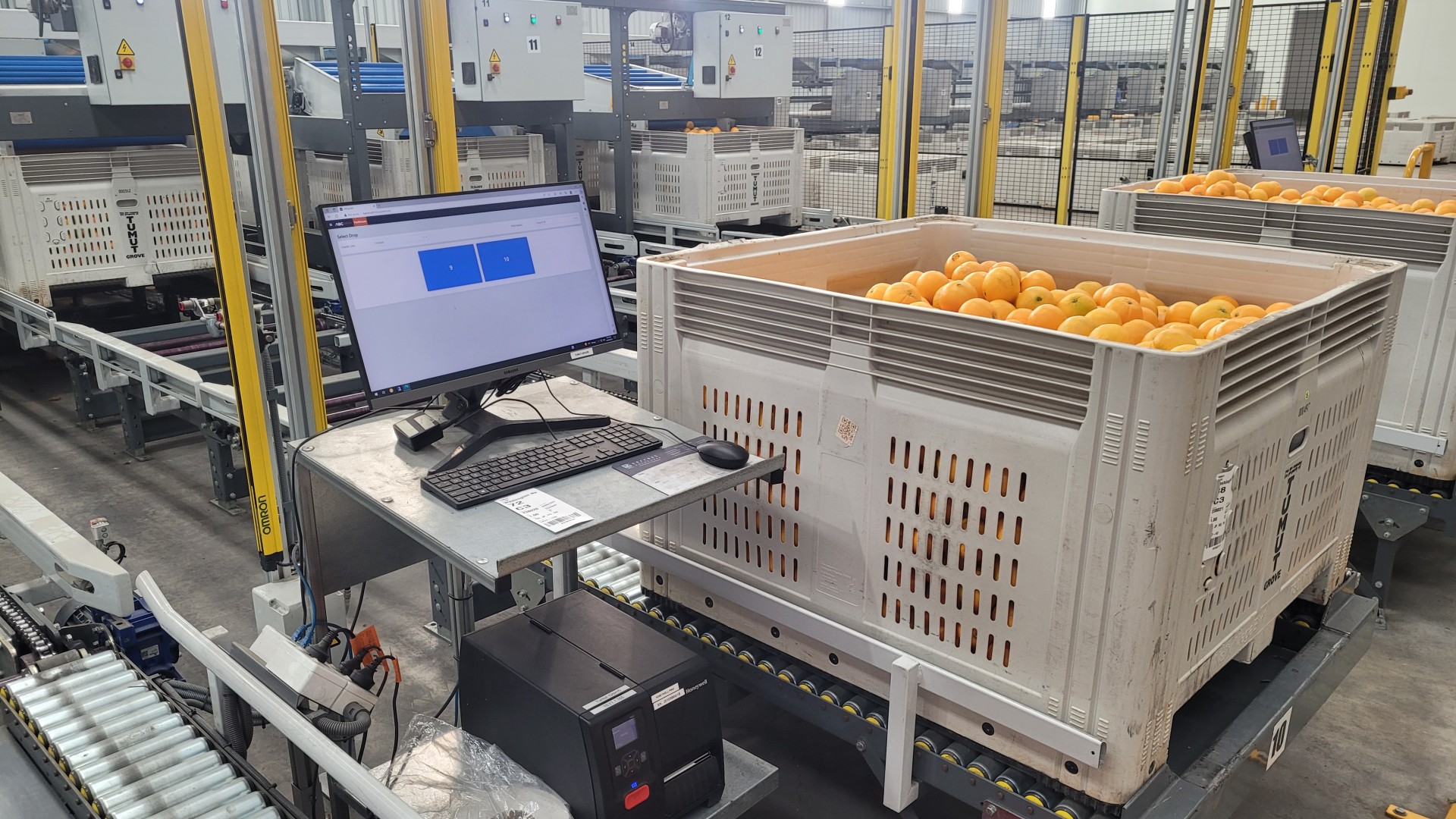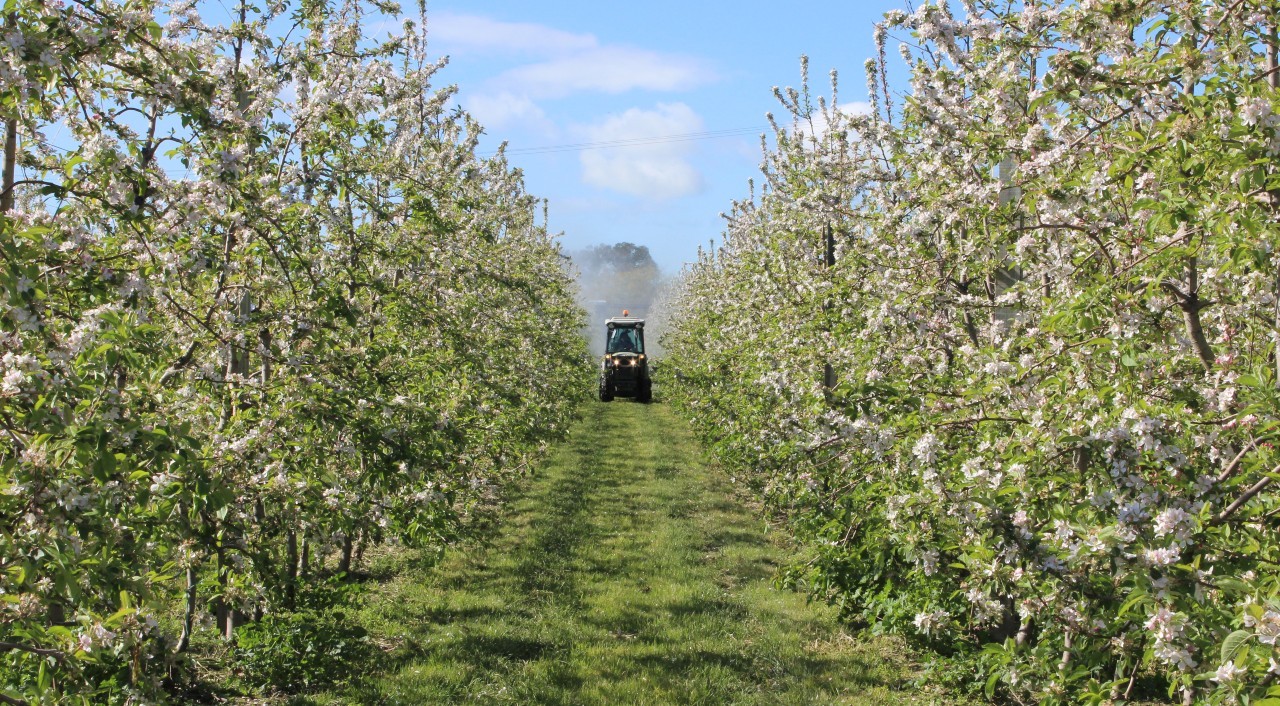Many packhouses are still run via a labyrinth of spreadsheets, often with a liberal sprinkling of handwritten notes. Nothing wrong with that, you might think.
And there’s not. Until a person with oodles of institutional knowledge leaves. Until one blunder creates a catastrophe. Until the demands of customers or compliance mean you lose sales. And if that’s not enough to induce a cold sweat, there’s the cost of doing nothing about it. The cost of lack of visibility. The cost of insufficient traceability. The cost of inefficiency.
ABC Software is one provider of horticultural inventory software. Headquartered in Hawkes’ Bay, the fruit bowl of New Zealand, they live and breathe both software and horticulture, not to mention they also enjoy eating the local bounty! With clients across Australasia (and further afield) across more than a dozen produce types, they see firsthand how good produce inventory management can transform operations.
The benefits of fresh produce inventory management
Fresh Produce Group’s Tumut Grove packhouse were not running on spreadsheets when they chose ABC Software as their packhouse software partner, as they had already made the move to a software system a few years prior.
Management Accountant Tom Hamblin says the existing system was “proving hard to effectively reconcile both operationally and fiscally.” Hamblin explains the business “needed a product or system that had traceability through all supply chain areas of our business and one that was simple to use for all internal stakeholders.”
Hamblin hits the nail on the head identifying two key elements for any business evaluating whether to introduce a new system. Fresh produce inventory management is important for food safety and biosecurity compliance. Good inventory management also delivers accuracy and visibility, which in turn allows increased efficiency and therefore profitability.
Fresh Produce Group’s Business Assistant Tayla Cordier says of ABC Software’ packhouse solution ABCpacker, “I can follow exactly where fruit went and the split of each grower’s fruit on a sales order. It makes it much easier to track when jobs are fully invoiced and ready to be paid back.”
How fresh produce inventory management can transform your business
Traceability is a key requirement across all aspects of Fresh Produce Group’s business, and ABCpacker provides the vital links Tumut Grove requires, from bins off the farm through packing batches to cartons sold.
With ABCpacker, Tumut Grove has more accurate stock information and better traceability throughout the packing process. “ABCpacker is beneficial for both Food Safety and Biosecurity compliance,” says Technical Compliance Manager Sally McKay. “ABC packer was particularly helpful during audits to demonstrate full traceability from the block to the final pack” McKay explains.
Reduce your workload with produce inventory management
Ease of use is vital. Manual systems are frustrating and can result in higher staff turnover. The ABBYY COVID-19 Technology Survey identified a quarter of employees wanted to quit their jobs due to bad business processes.
Furthermore, robust efficient systems allow your staff to put their energy into the areas of expertise you hired then for, rather than dealing with the inefficiencies of a manual system like double-handling data and resolving problems caused by not having a “single source of truth”.
Entering information once into a robust software system avoids double-handling (or more!), reduces mistakes from poor handwriting and lost pieces of paper, and allows consistent application of your business rules throughout your packhouse process. One system from ‘produce in’ to ‘produce out’ means increased automation and less admin.
A smarter, more efficient way forward
Engaging a new system takes a committed effort from both the business and the provider. Tumut’s Commercial Director Lloyd Foss acknowledges “the biggest challenges are always change management as generally users always refer back to what was good in the past.”
A packhouse software provider worth their salt understands software and understands horticulture. They must understand your pressures, your sector, your seasonality constraints, your costs, and your challenges. Furthermore, their system must be robust enough and flexible enough to fit your current, and future, circumstances.
ABC Software knows packaging is a significant cost to your business and offers a packaging inventory management module. Transform the way you do business and increase your efficiency with a horticulture inventory management system from ABC. For more information on their innovative range, get in touch with the team today.







